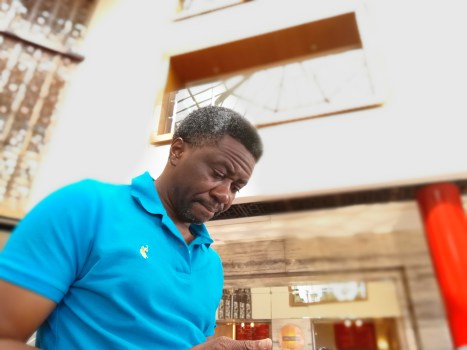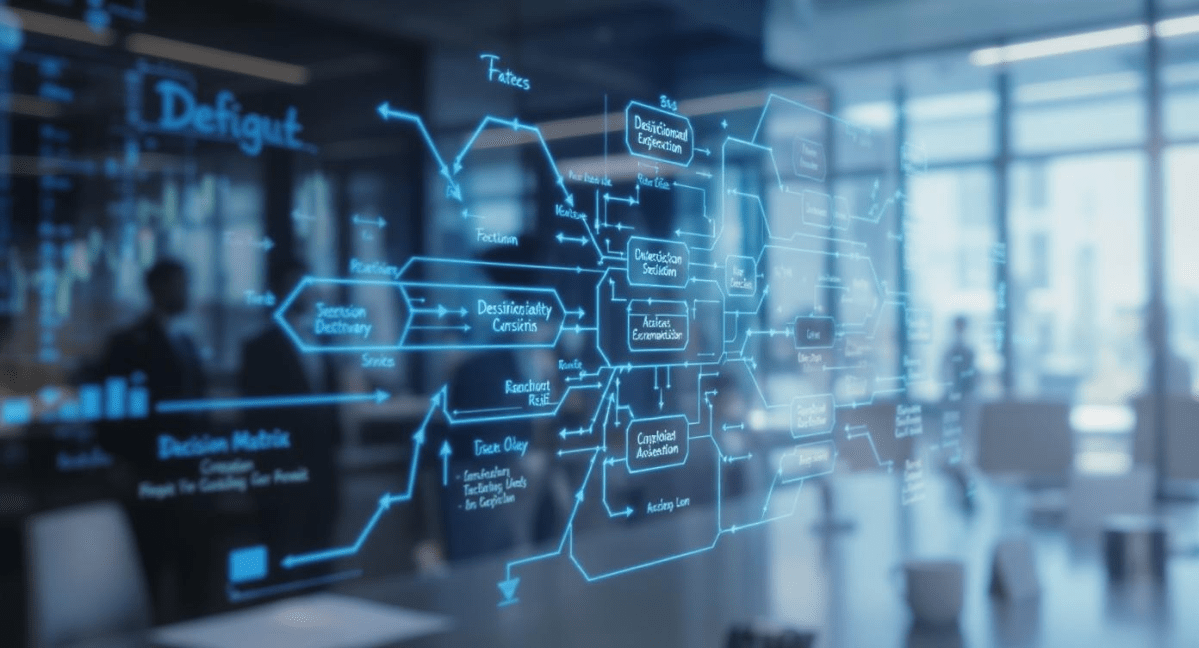The Liberia Revenue Code acknowledges the role of interest expense in business operations while implementing measures to prevent its misuse for tax avoidance. This article examines the provisions within the Code that govern interest deductions and explores how these provisions aim to strike a balance between supporting legitimate business financing and safeguarding Liberia’s corporate income tax revenue.
The Framework for Interest Deductions
The foundation for interest deductions in Liberia is established in Section 203(d) of the Revenue Code. This section permits taxpayers a deduction for interest incurred on business indebtedness. However, the Code introduces specific limitations to curb potential abuse:
Accrual or Payment Basis: The deduction is restricted to interest attributable to the tax year and either accrued or paid during that year, aligning with the taxpayer’s chosen accounting method. This ensures that interest deductions are claimed in the appropriate period.
Recipient-Based Limitation: A critical safeguard is introduced for interest payable to entities other than resident banks. In such cases, the deduction is capped at the total interest received by the taxpayer plus 50% of their taxable income (excluding interest income). This provision aims to prevent excessive interest deductions, particularly in transactions with related parties or non-resident entities where interest rates might be manipulated to shift profits.
Special Considerations for Natural Resource Industries
Recognizing the capital-intensive nature of natural resource extraction, the Revenue Code includes specific provisions for interest deductions within the mining and petroleum sectors. These provisions, while allowing for the deduction of interest expense, implement additional safeguards to mitigate tax avoidance risks:
Mining Projects: Section 708(a) of the Code permits the carryforward of interest expense subject to the limitation in Section 203(d). This provision allows mining projects to deduct interest incurred in a tax period in a subsequent period, providing flexibility in managing interest expense.
Petroleum Projects: The Code addresses interest deductions for petroleum projects within the broader framework for determining taxable income. Section 743(b)(4) allows for the deduction of interest on any indebtedness of the project, including financing costs incurred in connection with operations and paid to both affiliates and third parties. This provision acknowledges the complex financing structures often employed in petroleum projects.
Transparency and Documentation Requirements
To ensure the integrity of interest deductions, the Liberia Revenue Code emphasizes transparency and documentation:
General Recordkeeping: Section 55(a)(1) mandates that all taxpayers, including those claiming interest deductions, maintain comprehensive books and records in Liberia. These records must be in English and must substantiate the tax due based on the taxpayer’s accounting method, which should adhere to international standards. This recordkeeping obligation ensures that the Liberia Revenue Authority can verify the legitimacy of claimed interest expenses.
Related-Party Transactions: Given the heightened risk of profit shifting in transactions between related parties, the Code introduces specific disclosure and documentation requirements. These requirements, while not explicitly mentioned in the context of interest deductions, underscore the importance of transparency in all related-party dealings and may extend to interest payments.
Anti-Avoidance Measures
The Liberia Revenue Code incorporates several anti-avoidance measures to deter tax-motivated structuring and ensure the fair application of tax laws:
General Anti-Avoidance Rule: Section 15 empowers the Commissioner General to disregard or recharacterize transactions that are primarily designed to avoid tax liability. This broad authority provides a deterrent against schemes solely aimed at minimizing taxes through excessive interest deductions.
Specific Provisions: The Code includes provisions that target specific tax avoidance techniques. For instance, Section 211(c) disallows deductions for costs incurred in producing income that is excluded from gross income, preventing taxpayers from claiming deductions related to tax-exempt income.
Conclusion
The provisions within the Liberia Revenue Code governing interest deductions reflect a nuanced approach that balances the need for a business-friendly environment with the imperative of protecting Liberia’s tax base. By permitting interest deductions while imposing limitations and emphasizing transparency, the Code strives to ensure that interest expense is used for legitimate business financing and not as a tool for corporate income tax avoidance. These measures contribute to a fairer and more predictable tax system, fostering investor confidence while promoting sustainable economic development.
Implementing Interest Deduction Limits: Section 203(d)
Section 203(d) of the Liberia Revenue Code aims to prevent companies from using excessive interest expenses to lower their corporate income tax liability. The provision sets specific limits on interest deductions, particularly for interest paid to entities other than resident banks. Here’s an illustrative scenario:
Scenario:
A Liberian mining company (“MinerCo”) secures a loan of $10 million from its parent company, a multinational corporation (“MultiCorp”) based in a foreign jurisdiction. The loan agreement stipulates an annual interest rate of 8%. In the current tax year, MinerCo generates taxable income of $1 million (excluding any interest income).
Applying the Limitation:
1. Interest Expense: MinerCo’s annual interest expense on the loan is $800,000 (8% of $10 million).
2. Recipient Limitation: Since the interest is payable to MultiCorp, a non-resident entity, the deduction is subject to the limitation in Section 203(d). This limitation restricts the deduction to the total interest received by MinerCo plus 50% of its taxable income (excluding interest income). Assuming MinerCo received no interest income in the tax year, the calculation is as follows:
○ 50% of Taxable Income: $500,000 (50% of $1 million)
○ Total Allowable Deduction: $500,000 (since MinerCo received no interest income)
3. Deduction Claimed: MinerCo can only deduct $500,000 of its $800,000 interest expense in the current tax year. The remaining $300,000 may be eligible for carryforward to the next tax period under specific rules, potentially subject to the same limitation.
Impact:
This example demonstrates how Section 203(d) curtails the use of interest expense to erode Liberia’s tax base. By capping the deduction, the provision prevents MinerCo from deducting the full $800,000 interest expense, thus ensuring that a portion of its profit is subject to corporate income tax in Liberia.
Key Points:
Arm’s Length Principle: While not explicitly mentioned in this context, the underlying principle behind Section 203(d) is to ensure that interest rates and financing arrangements between related parties reflect arm’s length transactions—terms that would be agreed upon by independent entities. This prevents the artificial inflation of interest expenses to shift profits to low-tax jurisdictions.
Documentation: MinerCo must maintain thorough documentation to support its interest deduction. This includes the loan agreement, proof of interest payments, and records demonstrating the calculation of the limitation.
Anti-Avoidance: This scenario illustrates how Section 203(d) acts as a specific anti-avoidance measure, targeting a common tax planning strategy involving interest payments to related parties. This provision, along with the general anti-avoidance rule in Section 15, reinforces Liberia’s commitment to combatting tax avoidance.
This example provides a practical understanding of how Section 203(d) of the Liberia Revenue Code operates to limit interest deductions and safeguard corporate income tax revenue in Liberia.

